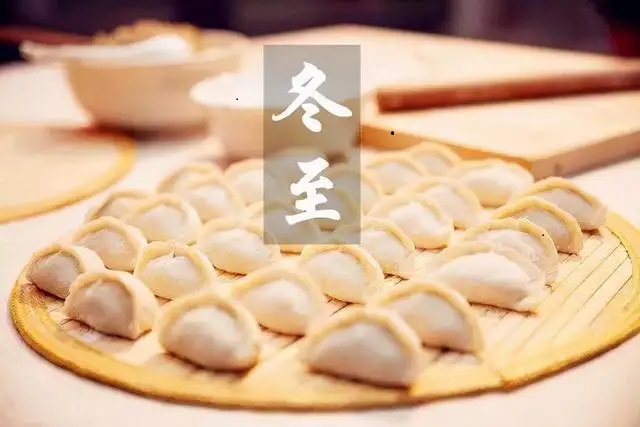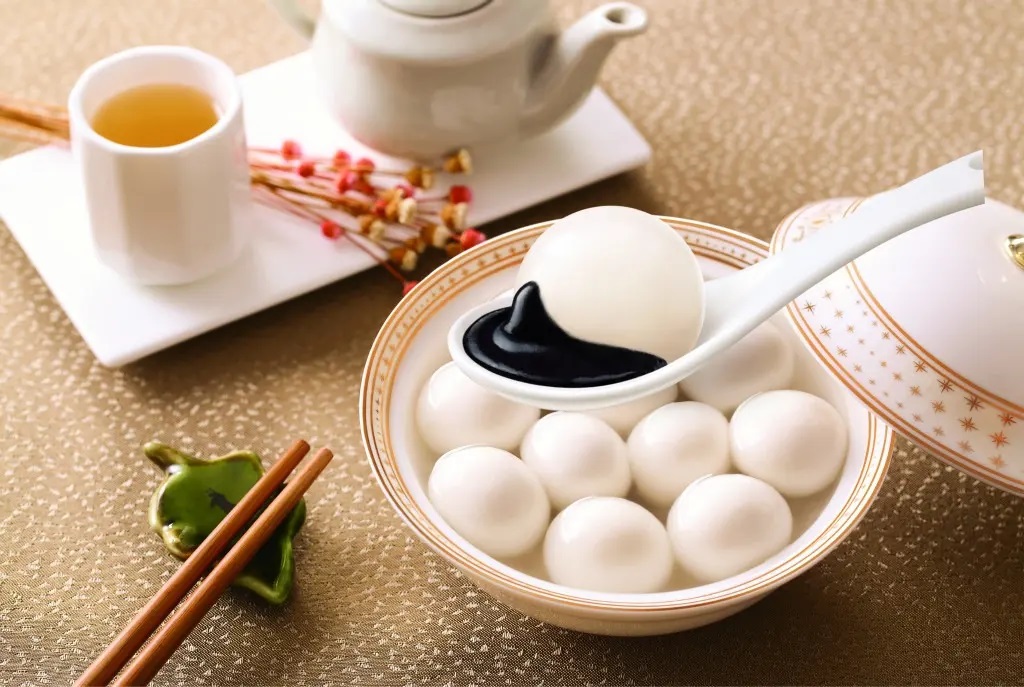Winter Solstice
As the saying goes: "The Winter Solstice is as significant as the Spring Festival", "Have dumplings on the first day of Winter Solstice and noodles on the first day of Summer Solstice."
俗话说:“冬至大如年”,“冬至饺子夏至面“。
(sú huà shuō: "dōnɡ zhì dà rú nián", "dōnɡ zhì jiǎo zi xià zhì miàn".)
The traditional Chinese lunar calendar divides the year into 24 solar terms.
传统的中国农历将一年分为二十四节气。
(chuán tǒnɡ de zhōnɡ ɡuó nónɡ lì jiānɡ yì nián fēn wéi èr shí sì jié qi.)
Winter solstice is the 22nd of the ancient 24 solar terms.
冬至是中国二十四节气的第二十二个节气。
(dōnɡ zhì shì zhōnɡ ɡuó èr shí sì jié qi de dì èr shí èr ɡè jié qi.)
It typically occurs around Dec. 21 or 22, though on rare occasions, it can be as early as Dec.20 or as late as Dec.23.
多数年份的冬至日都在12月21日或者22日,偶尔提早到20日,或者错后到23日。
(duō shù nián fèn de dōnɡ zhì rì dōu zài 12 yuè 21 rì huò zhě 22 rì , óu ěr tí zǎo dào 20 rì , huò zhě cuò hòu dào 23 rì.)
The shortest day of the year in the northern hemisphere.
冬至是北半球白昼最短的一天。
(dōnɡ zhì shì běi bàn qiú bái zhòu zuì duǎn de yì tiān.)
Eating dumplings and sweet dumplings is a common folk custom for many Chinese on the day of winter solstice.
吃饺子和汤圆是多数中国人冬至的习俗。
(chī jiǎo zi hé tānɡ yuán shì duō shù zhōnɡ ɡuó rén dōnɡ zhì de xí sú.)

Sweet dumplings have always been a symbol of happiness and unity.
汤圆总是象征着幸福和团圆。
(tānɡ yuán zǒnɡ shì xiànɡ zhēnɡ zhe xìnɡ fú hé tuán yuán.)
